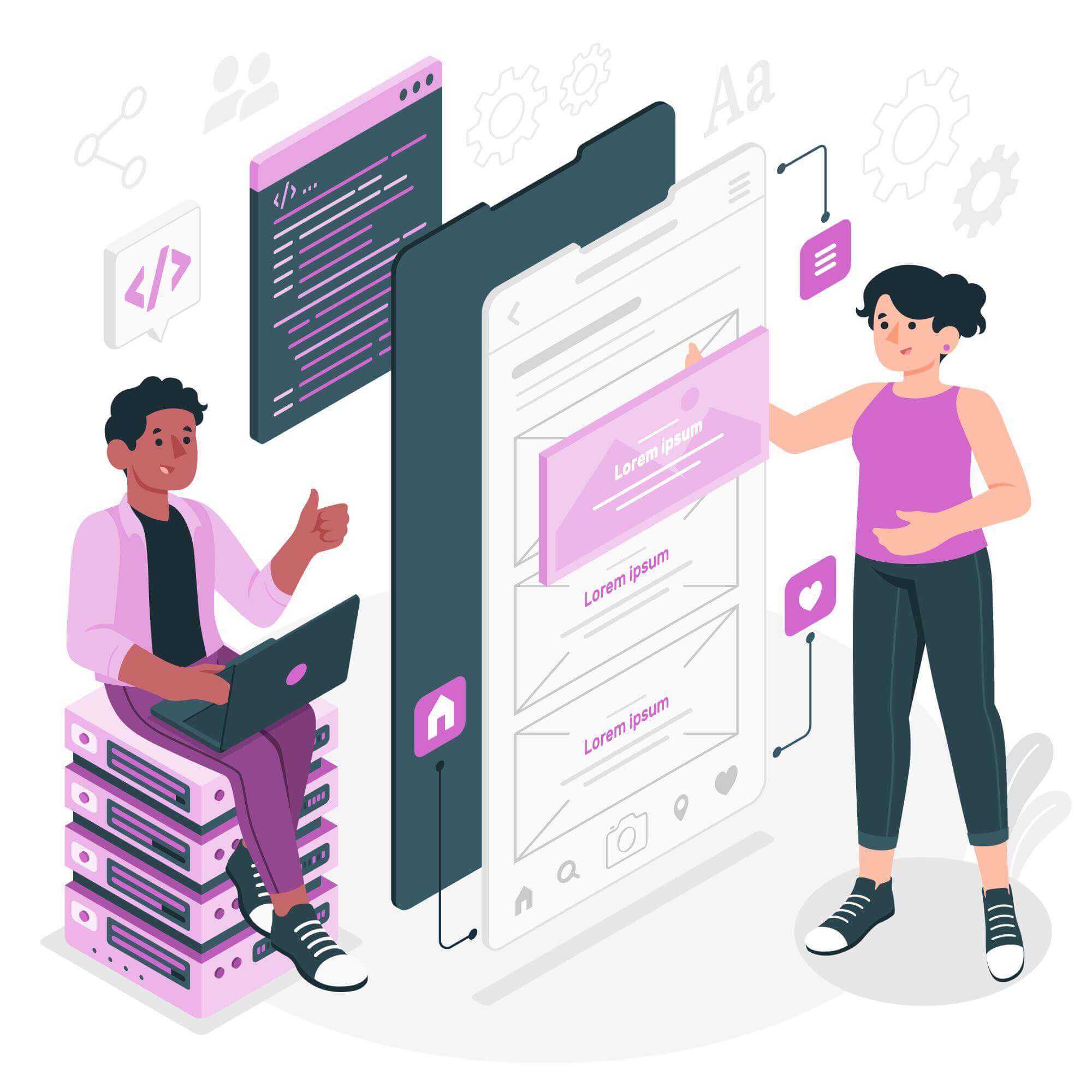9 Benefits of Using Swift for iOS Development

Swift, Apple’s new programming language for iOS application development is getting popular among developers. It was first introduced at the WWDC event in 2014. Swift is easy to read and use making it an excellent choice for developers to build native apps for iOS devices.
Swift is more advanced than Objective-C. This allows for better interactivity and eliminates possible mistakes. It also serves as the finest starting point for iOS app development. Swift currently has 778 contributors who have made 105,423 commits in 338 branches and 1,583 releases on Github.
Swift is a powerful, efficient programming language that can be used for all apps. It is quick, secure, and allows for more interactivity in the development process. Swift’s syntax and capabilities make it a joy to use. It has several features such as closures, generics, and type inference that make it easier to use. It also makes common patterns in Objective-C more straightforward. Swift combines aspects of both C and Objective-C without sacrificing C compatibility or the limitations that come with it. Swift completely transforms the concept of mobile app development for Apple devices.
Advantages of Using Swift for iOS App Development
It is crucial to understand the benefits of using this language before you hire dedicated Swift developers. Let’s go through some significant advantages of employing Swift for iOS app development.
Easy Code Readability
It’s possible to read the code written in Swift even if you’re not a developer. This is because it uses a simple syntax enabling the non-technical staff members to understand the developer’s code. Especially, when they have limited experience or knowledge of coding languages.
Fast App Development Process
The objective of developing Swift was speed and efficiency. So, developing apps becomes much quicker than ever before. With this programming language, the time required to write a piece of code decreases significantly. Swift takes about one-third of the time required by programming languages like Objective-C. The best part? You can write your program using clear English words instead of cryptic symbols. This makes it easier for developers to code in Swift.
Swift also enables iPhone app developers to use generics and high-order functions, making the code clean and reusable. Hence, with Swift, Apple was able to achieve its objective of developing a language with high speed and efficiency.
Easy Code Maintenance
Swift was created with the needs of modern developers in mind, so it offers a convenient way to build new apps and modify existing ones. It is flexible, robust and easy to understand for other contributors who want to work on your codebase. It also helps you fix some mistakes that might have been made during its development process.
Native Performance Capabilities
Another significant benefit of using Swift over other languages like C++ for native performance is the increased speed. Since Apple developed this language specifically for its gadgets, there are no compatibility issues between components like drivers or system software. This gives developers full access to all hardware features.
Safer Platform
It’s more vital than ever to create apps as secure as possible in today’s data-breach-prone environment. Swift makes it easy to compile and repair errors while writing code, which was absent in Objective-C. Choosing Swift is beneficial for your iOS app development because it is more stable and dependable, gaining more customers’ confidence.
Also Read: Top Reasons to Choose Custom IoT App Development in 2022
Seamless Integration With Apple Platforms
One of the best things about using Swift for iOS development is that it integrates seamlessly with all Apple platforms such as iCloud, tvOS, watchOS, and CarPlay. This means that you can create a single app that will work on all devices without making any significant changes or modifications to the codebase. You can also share code between different apps and platforms easily, saving time and effort during the development process.
Open-Source Community
In 2015, Apple announced that Swift is an open-source community. Now that Swift is an open-source language, iOS developers can use various platforms, contribute to bug fixes, add new features, and more thanks to the flexibility it provides. Apple can also use the feedback from the community to make long-term improvements as developers contribute to the language’s success.
Backed with ‘Playgrounds’
iOS app development is made more accessible and more interesting with Playgrounds. Without a thorough grasp of the Swift programming language, novice developers can easily build iOS apps. Developers can also test their code without creating an entire app using the ‘Playgrounds’ feature, which cuts down on development time and simplifies the task of iOS developers.
Dynamic Libraries Support
The objective of a dynamic library is to allow you to link one version of the Swift app to multiple versions. The goal of dynamic libraries is to keep the applications up to date and upload new versions of code to memory. This reduces the app’s initial size and improves its performance.
Wrapping Up
Using Swift as your programming language can make the experience even better. Swift is an excellent choice for creating high-quality iOS apps as it offers ease of use, flexibility, performance capabilities, and safety features. So, if you’re thinking of making an Apple app, hire Swift developers right away!
Summary
Being a simple and easy-to-read language, Swift has completely transformed the way iOS apps are developed. In this article, we’ve enumerated the benefits of using Swift for iOS development.
Also Read: What are IoT Based Apps and How They Can Impact the User Experience






